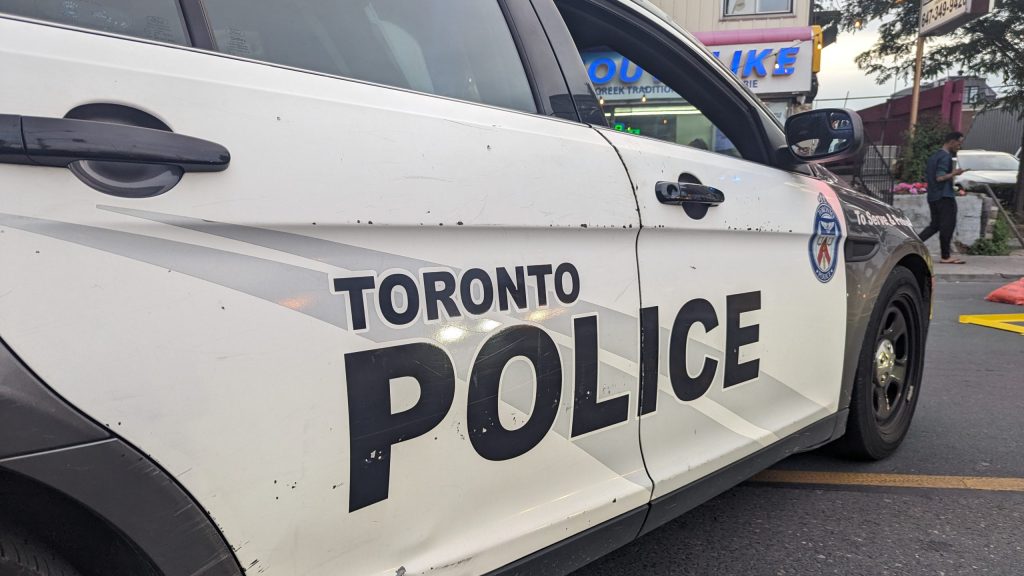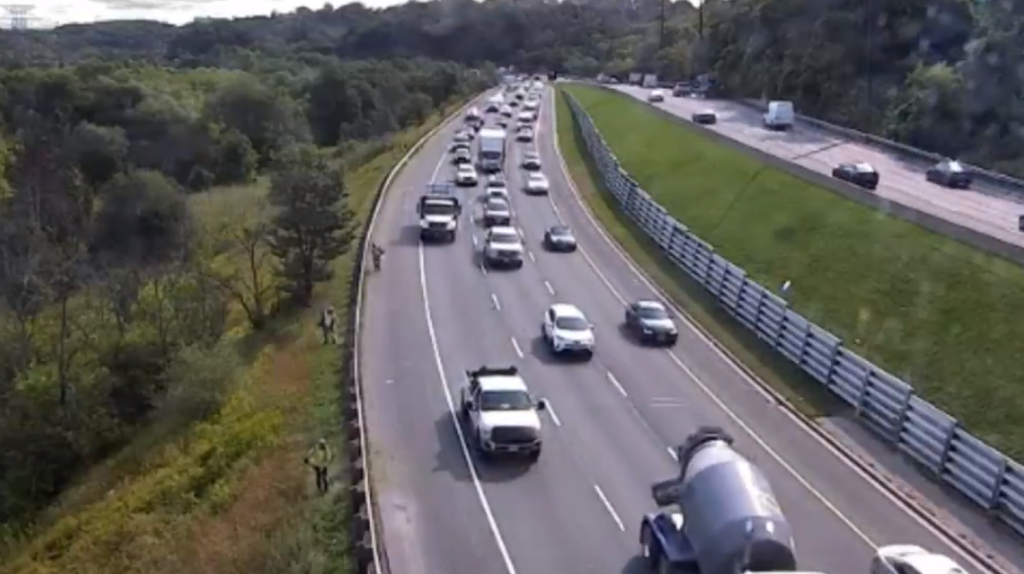UN envoy for Colombia: Peace depends on stopping killings
Posted January 13, 2020 6:40 pm.
CAMEROON, Cameroon — The U.N. envoy for Colombia warned Monday that peace won’t be achieved if former combatants who laid down their weapons and social leaders continue to be killed.
Carlos Ruiz Massieu said Sunday’s announcement by Colombian authorities that they thwarted a planned attempt to kill Rodrigo Londono, who had been the top military commander of the country’s largest rebel group and now heads its legal political party, “underscored the risks” facing former rebels “and the peace process itself.”
He told the U.N. Security Council it also underscores “how crucially important it is to guarantee … security” of former rebels from the Revolutionary Armed Forces of Colombia or FARC.
Ruiz Massieu stressed that “perpetrators of attacks against social leaders and former combatants must be brought swiftly to justice, including both material and intellectual authors.” He also stressed that “more effective measures are still imperative to protect these individuals, and their communities.”
Colombia’s Foreign Minister Claudia Blum told the council that the recent thwarting of the plan to attack FARC’s Londono “is the result of robust measures which are being adopted by the government.”
U.N. Secretary-General Antonio Guterres said in his recent report to the Security Council that 2019 was the most violent year for former FARC fighters since it signed a peace deal with the government in 2016.
He said 77 members of the former rebel group were killed up until Dec. 26, compared with 65 in 2018 and 31 in 2017. In addition, he said, 14 ex-FARC combatants disappeared and 29 were targets of attempted homicides.
Guterres reiterated his calls for more effective measures to protect former combatants and their families, saying they face “particular vulnerabilities.” The U.N. chief also called again for more effective measures to protect social leaders, human rights defenders and people involved in implementing the peace agreement, saying violence against them is continuing.
Colombia’s Blum said the country closed 2019 “with the lowest rate of kidnappings in its recent history, and the killings of social leaders decreased this year by 25 per cent compared to 2018.” But she said all deaths, violence and kidnappings are “deplorable and they show that there is no room for complacency.”
She said the special public prosecutor’s office investigating attacks against former combatants has issued 51 arrest warrants against alleged perpetrators and has handed down 23 sentences. And she said the state is also developing policies to tackle criminal organizations including those involved in drug trafficking and illegal mining.
Ruiz Massieu, the U.N. envoy, said “pervasive violence in conflict-affected areas continues to threaten the consolidation of peace.”
He pointed to “several profoundly worrying developments in the last few weeks” — the risk of more widespread violence in the department of Choco due to activities of illegal armed groups, the killing of artist and social leader Lucy Villarreal in Narino department on Dec. 23, and the killing of ex-FARC combatant Benjamin Banguera Rosales on Jan. 1 in Cauca department.
“Peace will not be fully achieved if the brave voices of social leaders continue to be silenced through violence and if former combatants who laid down their weapons and are committed to their reintegration continue to be killed,” Ruiz Massieu warned.
He said Cauca, Choco and Narino are part of the epicenters of violence where underlying conditions are the same, calling them “rural areas affected by a limited state presence and persistent poverty, and where illegal armed groups and criminal structures continue victimizing populations, especially ethnic communities, to control illicit economies.”
Edith M. Lederer, The Associated Press










